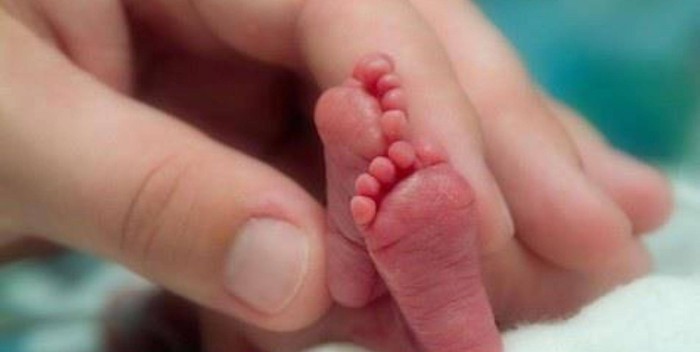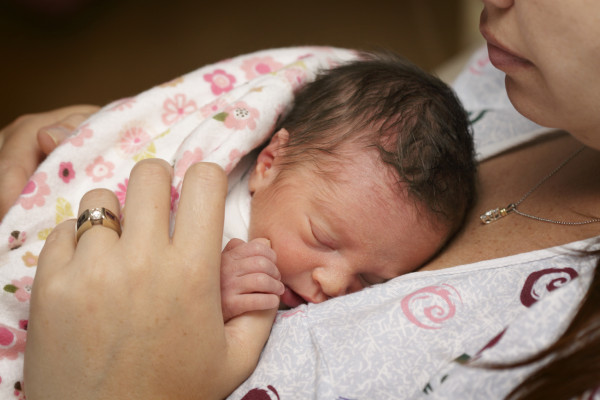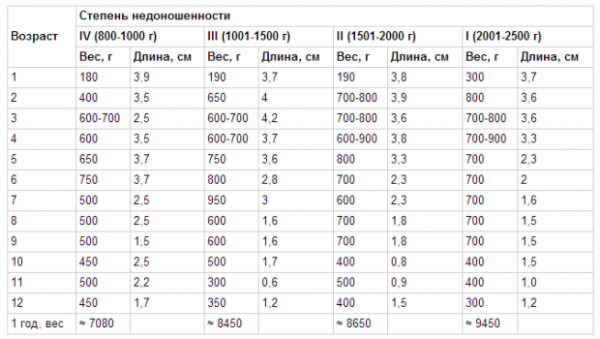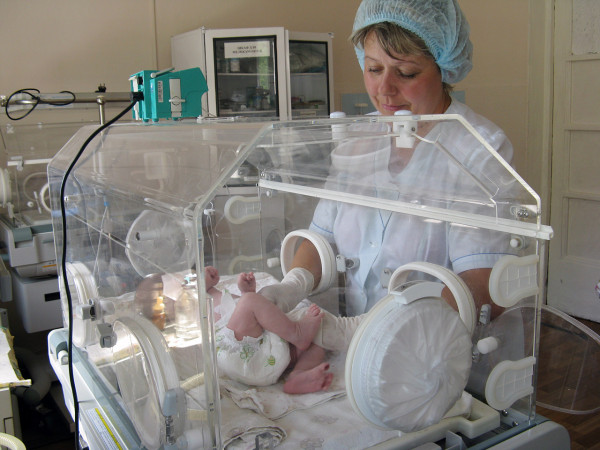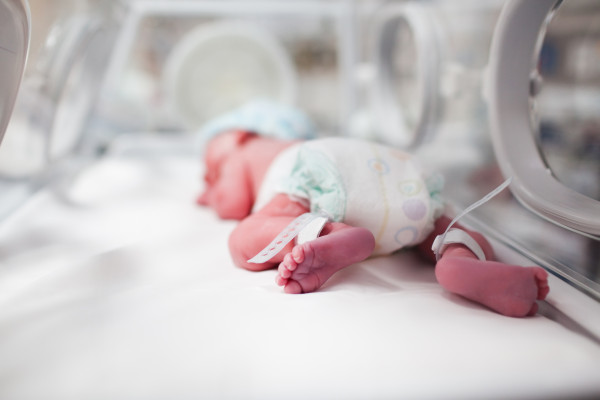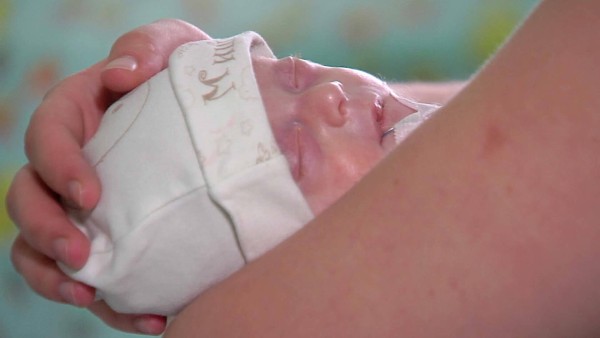Development of a premature baby
Premature birth is always a cause for concern for both parents and medical staff. The child is not yet sufficiently developed and is not ready for a full-fledged existence. But with proper care and special attention, he will successfully overcome all the difficulties of development.
Features of premature babies
Let's see what kind of babies it is customary to say "premature". This concept applies to a child if he was born before 37 weeks pregnancy... The weight of such a baby is usually less than 2500 grams, and the height does not reach 47 cm. Prematurity is also divided by degrees, which depend on the time of appearance and the weight of the baby.
Premature babies have significant differences from babies born at the right time:
- Low weight, not in accordance with the norm.
- The small size of the disproportionately developed body.
- Soft bones of the skull.
- The child does not move much, is lethargic, his voice is very quiet.
- Soft fluff is noticeable all over the body.
- Insufficiently developed genitals.
- Soft ears and imperfect visual system.
- A premature baby is quickly overcooled or overheated.
- The systems of internal organs are undeveloped, especially the nervous system.
The basic skills inherent in normally born babies are mastered by premature babies much later. If the baby was born before 32 weeks of pregnancy, then the lag in his development will be from three to four months. If the baby appeared later than this period, then the lag will be only one or two months.
Babies weighing less than one and a half kilograms need special conditions for development immediately after birth. They are placed in special incubs, which create conditions that are as close as possible to the womb. When the baby's weight reaches 1700 grams, he is transferred to a heated bed. After reaching a weight of 2 kg, additional heating is no longer needed. For premature babies, it is important to create the most comfortable conditions due to the peculiarities of the development of its nervous system.
A baby with a first degree of prematurity is born at 36 or 37 weeks pregnancy... Their weight ranges from 2 kg to 2.5 kg.
If the baby was born from 32 to 35 weeks pregnancy and has a weight of 1.5 kg to 2 kg, then the 2nd degree of prematurity is assigned.
With the third degree of prematurity, the baby appears with a weight of 1 kg to 1.5 kg. This usually occurs from 28 weeks to 31 weeks of pregnancy. This degree of prematurity is considered profound.
The last degree of prematurity is extreme. The weight of such children is less than 1 kg. These babies are born with a pregnancy of less than 28 weeks.
But even with such differences, one should not consider a premature baby to be flawed. If there are no serious health problems other than prematurity, he can quickly catch up with his peers. The most important thing is that the baby gains weight successfully.
Development of premature babies by months
Let's look at how premature babies develop by months and when they catch up with their peers who were born on time. A premature baby in the first month of life requires the creation of special conditions for life. He needs to provide constant medical supervision. Depending on the degree of prematurity and the state of his health, resuscitation measures are carried out. If there is such a need, a special feeding tube is connected to the baby and artificial ventilation of the lungs is provided. They also create conditions for comfortable thermoregulation. Due to the immature state of the gastrointestinal tract, body weight increases very slowly. The child may partially or completely lack congenital reflexes, he is sluggish, and the muscle tone is reduced.
In the second month, body weight increases more intensively. The same can be said for increased growth. The crumbs get tired quickly and therefore most often sleep. It is very difficult for them to suckle, so they feed with expressed milk. It is difficult for a child to hold his head.
In the third month, the baby doubles its weight at birth. The child begins to show reflexes and respond to sound and facial expressions. The baby is already able to fix his gaze on certain objects or on the faces of his parents. He still gets tired quickly and sleeps for the most part.
The fourth month of birth is marked by new successes in physical activity - he can raise and hold his head, takes a toy with his hands. The kid can already make sounds himself. At this time, special attention is required to be paid to the development of the nervous system. Usually, the doctor recommends several sessions of special massage, as well as several exercises for self-fulfillment with mom.
At five months, premature babies begin to smile. The crumbs are already beginning to stay awake more, while there is an increase in interest in the world around them. He can reach for the toy, grab it and hold it. The child actively moves his limbs, his eyesight and hearing improve. But the high tone of the arms and legs is still preserved.
At the age of six months, the child is already advised to feed a semi-liquid food from a spoon. Babies at this age can roll over on their side and make attempts to roll over on their stomach. There is an active desire to communicate with other people. Children with 1 degree of prematurity by this age, subject to all recommendations and conditions, catch up with their peers.
At the age of 7 months, babies already roll over on their own and even try to crawl. Children have been babbling and playing for a long time, they can take objects on their own. They stand on all fours for a long time, swaying. This means that they will soon crawl on all fours.
At 8 months old, the baby is already making attempts to sit on his own, constantly changing body postures, and making further attempts to crawl. He walks in different ways, some children can already pronounce individual syllables.
Nine-month-old premature babies can already roll over on their own, confidently sit down and rise, holding onto the support. Children at this age begin to pronounce the first simple words.
At 10 months, the baby's movements are already confident and dexterous, he is already trying to take the first steps, and not just stand. While sitting, the child usually holds his back confidently, but may not be able to control his balance. The kid is already actively interested in moving objects, can show interest in relation to adult food.
Eleven-month-old babies are already crawling well and making attempts to take their first steps with support from the wall. At this time, it is important not to rush the child. He will take the first step himself when he is ready. This usually happens later than in full-term babies - from 13 months to 18 months.
In a year, children with prematurity of 1 or 2 degrees are no longer different from their peers born on time.
